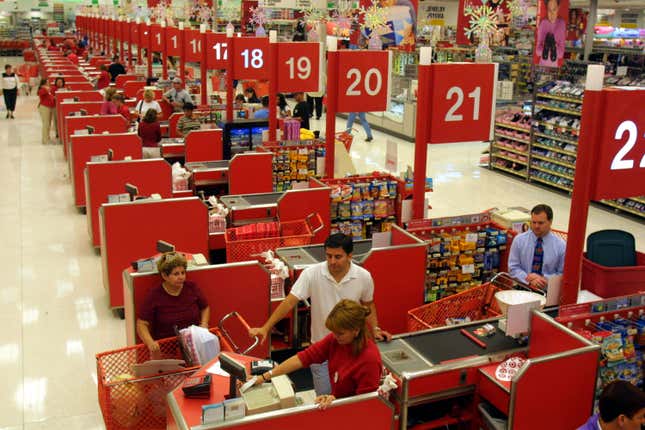Retail Workers Are Leaving Their Jobs En Masse Because They're Over Being Treated Like Crap
More retail workers are leaving their jobs than workers in any other industry
Work

Retail workers are leading a mass exodus from the workforce driven by low wages, paltry benefits, and overall shitty work conditions.
According to the Washington Post, some 649,000 retail workers left their jobs in April, making retail the sector to see the biggest losses.
-

-

-

-

-

-

-

-

-

-

-

-

-

-

-

-

-

-

-

-

-

-

-

-

-

-

-

-

-

-

-

-

-

-

-

-

-

-

-

-








































